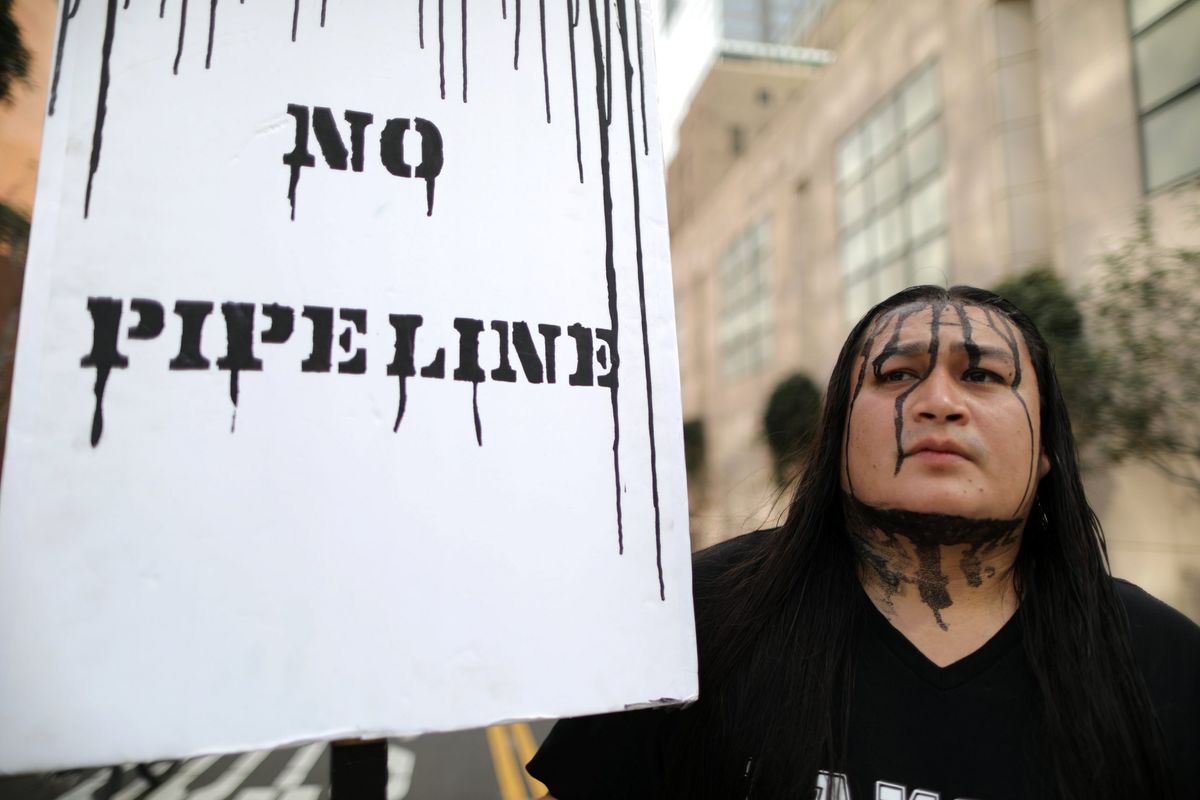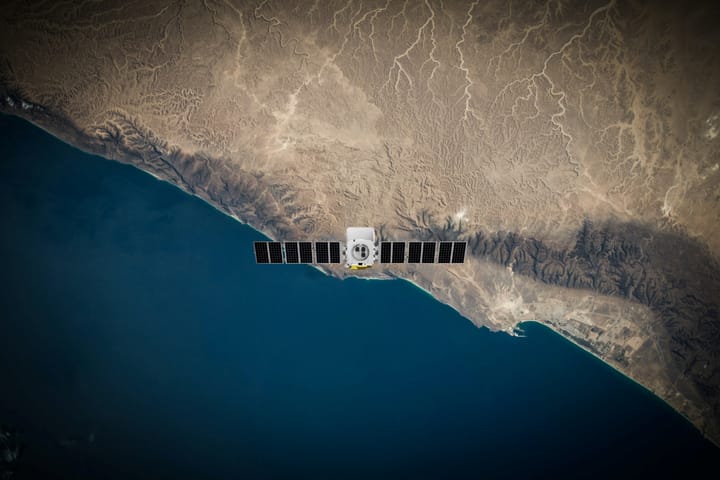The number of Americans who self-identify as “environmentalists" is the lowest it’s been in 25 years. Why?

A few minutes every morning is all you need.
Stay up to date on the world's Headlines and Human Stories. It's fun, it's factual, it's fluff-free.
The percentage of those who call themselves environmentalists hasn’t changed significantly over the last decade. But it’s a large drop compared to 1991 when 78% of Americans identified as environmentalists with only 19% saying that they did not.
A Gallup poll released on April 21, a day before Earth Day, showed that 41% of Americans called themselves environmentalists, with only 22% of the total respondents considering themselves “strong environmentalists.”
57% of respondents said they were not environmentalists with 2% having no opinion.
This shows that the percentage of people who call themselves environmentalists hasn’t changed significantly over the last decade.
But it’s a large drop compared to 1991 when 78% of Americans identified as environmentalists with only 19% saying that they did not. In 1991, 37% of American adults considered themselves strong environmentalists.
The demographic breakdown of environmentalists
The recent poll, conducted between March 1 and 15, involved 1,010 total respondents – 576 men and 434 women. There were 281 Republicans, 304 Democrats and 403 Independents. This more or less aligns with current political affiliations in the US.
The poll found:
- Women were more likely to identify as environmentalists (44%) than men (38%). Women were also slightly more likely to identify as strong environmentalists (23%) than men (21%).
- Those who identified as conservative were less likely to say they were environmentalists (27%) than those who were liberal (59%) or moderate (43%).
- College graduates were more likely to say they were environmentalists (46%) than people with some college education (40%) or those with a high school diploma or less (37%).
- A majority within all educational levels said they were not environmentalists.
- Respondents between the ages of 18-34 were the only demographic other than liberals to have more people identify as environmentalists (52%) than not (48%). They were also the demographic group most likely to say they were strong environmentalists (31%). Only 37% of people in both the 35-54 and 55+ age groups identified as environmentalists.
- People of color were slightly more likely to identify as environmentalists (44% compared to 40%).
Environmental issues in the US
The decrease in the number of Americans who identify as environmentalists is likely due to changes in attitudes toward environmental issues in the US. One related trend is the increasing awareness of climate change as an issue.
In another study published in 2007, called “Twenty Years of Public Opinion About Global Warming,” the authors found that awareness of climate change and the effects of greenhouse gases increased dramatically over two decades.
In 1986, only 39% of the population had read or heard about the “greenhouse effect.” That number quickly grew over the next decade, reaching 85% in 1997.
The percentage didn’t really change after that, topping out at 91% in 2006.
But as more people grew familiar with the idea of climate change, fewer people thought of themselves as environmentalists.
This could be due to the current political divide in the country, which has seen conservatives downplay the threat posed by climate science and cast doubt upon the idea that human activity contributes to it at all.
According to the Gallup poll, people who consider themselves environmentalists are far more likely to worry “a great deal” about climate change. 63% of environmentalists agree with that statement, as opposed to only 29% of non-environmentalists.
70% of self-identified environmentalists say the US is not doing enough to protect the environment, while 46% of non-environmentalists say that.
This indicates that the decline in the number of people who identify with the “environmentalist” label doesn’t necessarily reflect a lack of concern about the environment.
Instead, it could likely be caused by the label itself becoming more politicized.
Americans want to protect the environment
Last year, Pew Research Center put together multiple polls that offered a more unified view on the environment among Americans than is commonly suggested by political talking points.
Pew found:
- 67% of Americans don’t believe the government is doing enough to combat climate change.
- 64% believe “protecting the environment” should be a top priority of the government, up from roughly 40% in 2011.
- 63% support stricter environmental laws and regulations.
- 62% believe climate change is having at least some effect on their local community.
Even among Republicans, younger respondents (Millennials and Gen-Z) supported prioritizing alternative energies by an overwhelming 78%.
Have a tip or story? Get in touch with our reporters at tips@themilsource.com




Comments ()